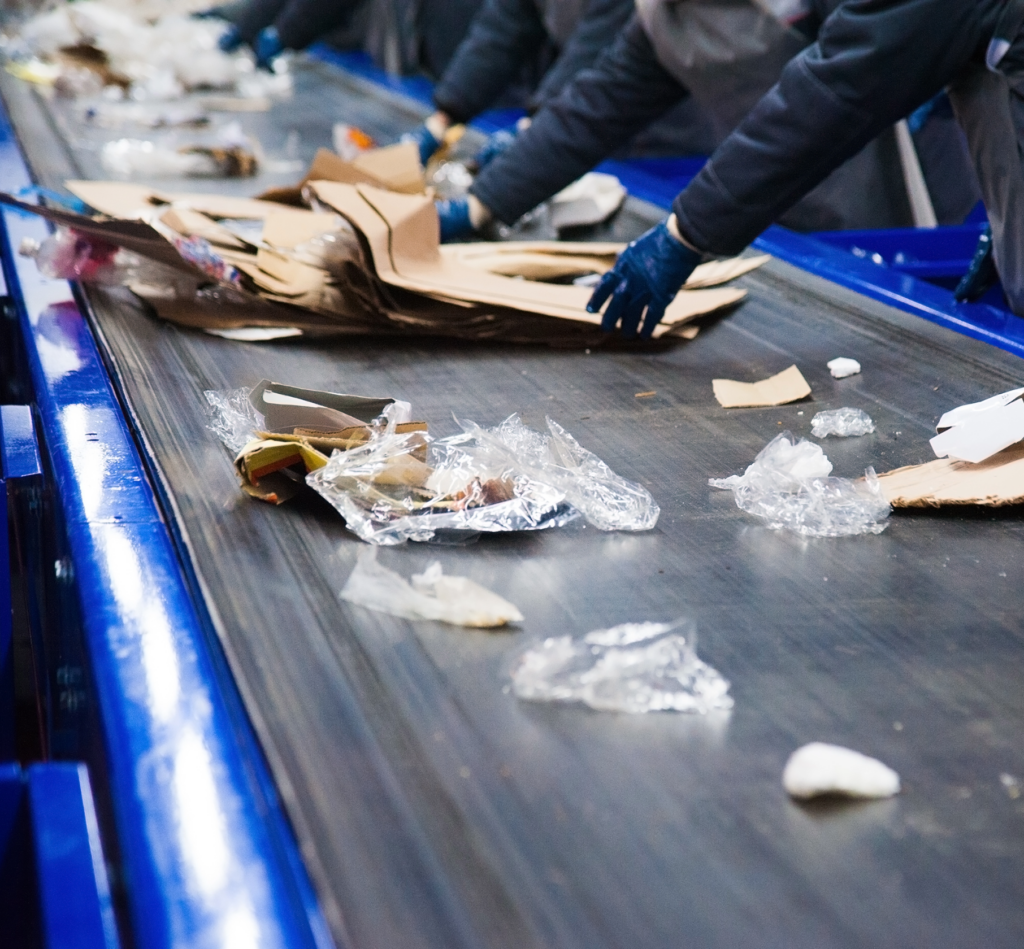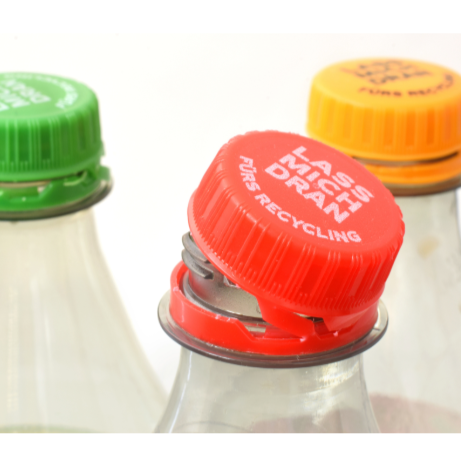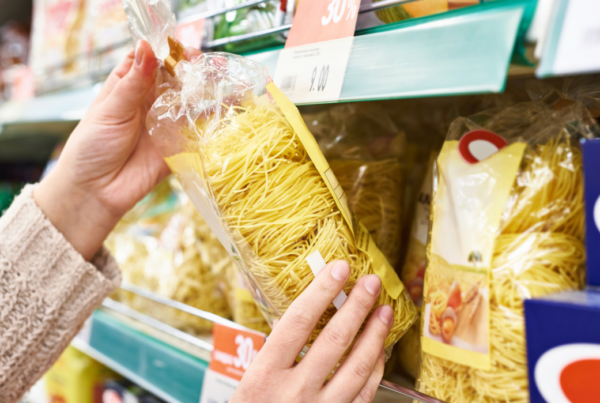John Williams, Chief Technology Officer at Aquapak, calls on the waste management industry to become part of the solution – not part of the problem.

Never a day goes by without another circular economy initiative being announced, whether it is a new grant or a scheme to support the reuse of second-hand items. All laudable and very important when it comes to cementing the importance of sustainability in the psyche of both businesses and consumers.
However, one of the fundamental challenges we face when it comes to delivering a circular economy casts a long shadow – and has done for many years. We must improve recycling and enable the recycling of more materials if the circular economy is to become a reality. We have already seen new material combinations and solutions developed by packaging producers trying to simplify packaging structures to make them easy to identify and separate.
Sorting and separation is still a problem.
Yet we are still going round in circles – the wrong circles. We are still hearing the same arguments from the waste management sector about the limitations of the recycling infrastructure available to us and the problems of sorting, separating and recycling materials. Yes, the main waste handlers are facing narrow margins, and are having to take more waste away and find a home for it under an increasing burden of regulation and legislation. The mixed waste system is certainly not as simple as it is often made out to be and many materials which use plastics are complicated, but the sorting and separating technology needed to recycle them does exist.
“New materials which have far better end of life options
need support, not resistance.”
It is no good the packaging industry innovating if the mainstream adoption and use of solutions which have much lower impact on the environment by reducing plastic waste, for example, is effectively blocked because the waste system can’t take anything new, or the volumes are too small to make them viable.
We have seen positive results because of the pressure which has been put on packaging producers – which has been a combination of carrot and stick. Packaging designs are starting to change and there’s a far greater focus on end of life, not just functionality. This is driving material change, albeit not quite the perfect answer the waste industry is looking for.

The reality is that we need to take action now with the new solutions we currently have available. Producers should be allowed to put more into the waste system, not less. New materials which have far better end of life options need support, not resistance. We need more pilots and more investment if we are to break the cycle.
We can’t leave it up to consumers to solve this problem.
It is also time to recognise that this is not a problem for consumers to solve. We have given them labelling and bins – too many bins in some cases – but is time for the waste management companies to change their mindset and shift their focus from waste logistics and moving it from A to B, to becoming waste refiners. They need to widen the portfolio of options to enable change, rather than waiting for the perfect solution.
Now is the time for the waste management sector to become part of the solution, not part of the problem.



